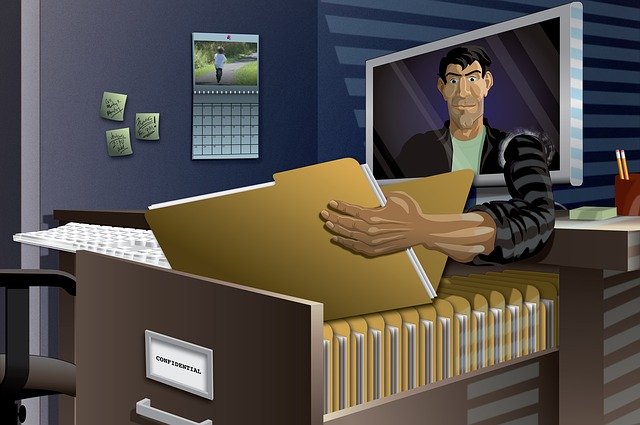Do you know how to prevent identity theft? If not, read on.
Prevent identity theft
Preventing identity theft is a growing concern. Every few months I read that some big store that I do business with has had a data breach. In this electronic day and age, I’m not sure there are any foolproof ways to completely protect your identity. But there are several precautions you can take that will minimize the risk.
Guard your social security number to prevent identity theft
Identity thieves want to steal your social security number because they can open credit accounts, take out loans, and file fraudulent tax returns in your name. So one of the first things you should do to protect this valuable number. Be sure that you never carry your Social Security card in your wallet. Rather, store it in a secured location, like a safe deposit box. Also, don’t store this number on your phone. You should memorize your social security number, since almost every job and loan application will ask for it.
Additionally, don’t give out your number over the phone or in a public place where prying ears can overhear. I was at the doctor’s office recently where I observed an elderly woman and her daughter. The daughter, who was helping her fill out a new patient form, asked for her social security number. The older woman proceeded to call out her social security number in a very loud voice. Anyone in that waiting room could have jotted that number down and stolen her identity.
Secure your personal information
Another step you can take to prevent identity theft is to securing your personal information. Don’t share personal information such as your birthdate or account numbers. Just like with your social security number, identity thieves can use this information to open accounts in your name. Believe it or not, they often get this information by going through your trash or your mailbox.
A good practice is to shred all unwanted mail that has your name and address on it, especially credit card solicitations. Also, put your mail on vacation hold when you go out of town to avoid letting your mail pile up in your mailbox.
And don’t forget about people who have access to your home. An unscrupulous repair person, or any other person you don’t know well, could access your bank and credit card statements if they are not secured in a locked desk or file box.
Another good idea is to make a list of everything in your wallet. This includes drivers license information, credit card numbers, the customer service number for each credit card, and insurance card info. The Hit By a Bus™ money tool in the Hire Your Money® course includes a wallet contents section to help you with this.
Protect your passwords to prevent identity theft
Identity thieves want your passwords so that they can access steal money from your bank account or make purchases on your credit card accounts. Protect yourself against password theft by creating a password that is at least 8 characters long. A strong password includes upper and lower case letters, and one or more numbers. Also, special characters, like an exclamation point or question mark should be included if possible.
Additionally, to make sure that your password cannot be guessed easily by identity thieves, don’t use your birthdate or child’s or spouse’s name. Avoid common passwords like password, qwerty, 12345, or iloveyou. Of course, do not write your password on note and stick it to your computer screen.
Review your credit report annually
Review your credit report once a year to look for evidence of identity theft. You can do this for free at annualcreditreport.com. There are three major credit bureaus – Experian, Equifax and Transunion. Your creditors may not report to each credit bureau, so it is important to check each report. Verify that each account in the reports is indeed yours. Check that the balances and payment history are accurate. And make sure that your personal identifying information is correct.
A good idea is to place a freeze on your credit files. This is usually free. With a credit freeze in place, an identity thief will not be able to open new lines of credit using your name. When you want to open a new account or get a new loan, just have the freeze lifted three or four days prior to applying for the new credit. Put the freeze back in place after the new credit is established.
$ TIP: To monitor your credit history more frequently, order a free report from a different credit bureau every four months.
What to do if you’re a victim of identity theft
If you think you’ve been a victim of identity theft, contact the Federal Trade Commission (FTC) at Identitytheft.gov. You will be able to report the theft and develop a recovery plan.
By the way, if you’d like to learn more about everyday money matters, consider the Hire Your Money® course. It is a cutting edge, cloud-based interactive course that empowers young people to take command of their money lives. You will be able to access the course on your favorite internet-enabled device. No reading required. Included are presentations about must-know money topics, videos, and downloadable money tools.


